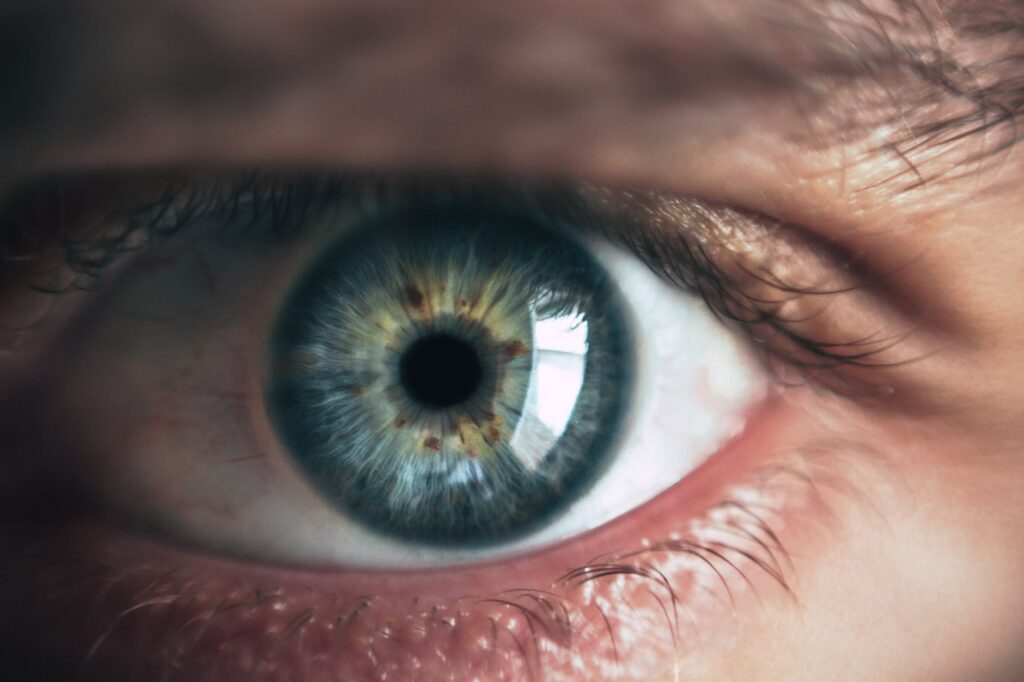
Introduction:
In today’s fast-paced world, the significance of maintaining good eye health cannot be overstated. As our dependence on digital devices continues to grow, coupled with an aging population, the demand for visionary medicine has soared. Fortunately, advancements in ophthalmology have paved the way for innovative treatments and cutting-edge technologies, ensuring improved eye health and vision for millions of individuals worldwide. Say’s Dr David Stager, this article explores five remarkable developments in ophthalmology that are revolutionizing the field and enhancing eye health.
Precision Laser Surgery: Enhancing Accuracy and Safety
Thanks to precision laser surgery techniques, such as LASIK (Laser-Assisted in Situ Keratomileusis), individuals suffering from common vision problems like myopia, hyperopia, and astigmatism can now achieve clear and sharp vision. This procedure reshapes the cornea, allowing light to focus correctly on the retina. With advanced mapping technologies and custom treatments, laser surgery has become increasingly precise, leading to minimal discomfort, rapid recovery, and reduced risks.
Artificial Intelligence (AI): Revolutionizing Diagnosis and Treatment
Artificial Intelligence has brought a paradigm shift to ophthalmology by assisting in the diagnosis and treatment of eye diseases. AI algorithms can analyze vast amounts of data from retinal images, detecting subtle abnormalities and early signs of conditions like diabetic retinopathy, age-related macular degeneration, and glaucoma. This enables earlier intervention, leading to better outcomes and preventing irreversible vision loss. Moreover, AI-powered surgical robots have increased the accuracy and safety of complex procedures, making them more accessible and efficient.
Gene Therapy: Unlocking Potential for Inherited Eye Diseases
Gene therapy has emerged as a groundbreaking treatment for inherited eye diseases that were once considered incurable. By delivering healthy genes into targeted cells, researchers can correct genetic defects and halt the progression of diseases like Leber congenital amaurosis and retinitis pigmentosa. This transformative approach has shown promising results, restoring vision in patients who previously had no treatment options. With ongoing advancements, gene therapy holds immense potential for a wide range of eye conditions.
Retinal Implants: Restoring Sight for the Visually Impaired
For individuals with severe vision loss or complete blindness, retinal implants offer a ray of hope. These devices stimulate the remaining healthy cells of the retina, bypassing damaged photoreceptor cells and transmitting visual information to the brain. While still in the early stages, retinal implants have shown remarkable progress, enabling some patients to perceive light, shapes, and even read large letters. Continued research and development in this field hold tremendous promise for restoring functional vision to those in need.
Nanotechnology: Targeted Drug Delivery and Regenerative Therapies
Nanotechnology has revolutionized drug delivery in ophthalmology, improving the effectiveness and safety of treatments. Nano-sized drug carriers can precisely target affected areas, reducing side effects and enhancing therapeutic outcomes. Additionally, nanotechnology-based regenerative therapies aim to restore damaged ocular tissues, including the cornea and retina, by stimulating cell growth and regeneration. These innovative approaches hold great potential for addressing age-related eye diseases and promoting long-term eye health.
Conclusion:
The field of ophthalmology has witnessed remarkable advancements in recent years, offering new hope for individuals with vision impairments. Precision laser surgery, artificial intelligence, gene therapy, retinal implants, and nanotechnology are among the visionary medical breakthroughs that are transforming eye health. These innovations are not only enhancing the quality of life for millions but also pushing the boundaries of what is possible in ophthalmology. As research and technology continue to evolve, we can look forward to a future where eye health is preserved, vision is restored, and individuals can enjoy the world through clear, vibrant eyesight.